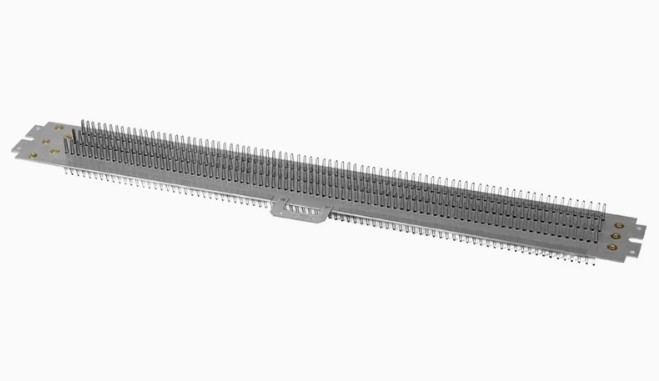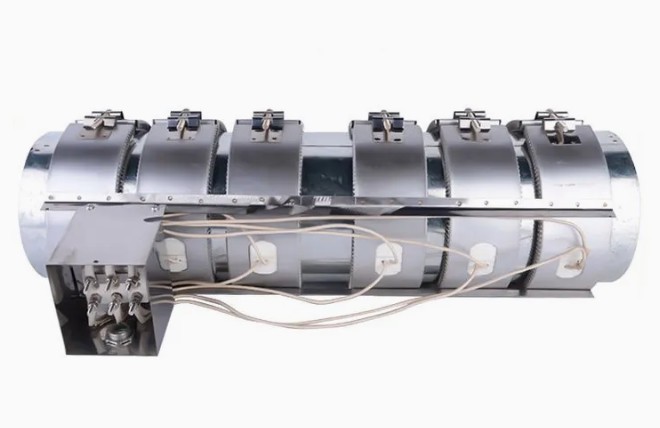Electric Heaters: Versatile & Efficient Thermal Solutions
Product description
Electric heaters convert electrical energy into heat through resistance, induction, or infrared radiation. Unlike fuel-based systems, they operate without combustion, making them clean, easy to install, and controllable. Modern electric heaters include resistive coil heaters, PTC ceramic heaters, quartz tubes, micathermic panels, and heat pumps. They offer precise temperature management for diverse applications, from spot heating to industrial processes.

Key Advantages
High Energy Efficiency
Direct conversion of electricity to heat (near 100% efficiency for resistive types).
Advanced models (e.g., heat pumps) deliver 300–400% efficiency via heat transfer.
Precise Control & Automation
Integrated thermostats, timers, and PID controllers enable ±0.5°C accuracy.
Compatible with smart home/industrial IoT systems.
Zero Emissions & Low Maintenance
No fumes, fuel storage, or exhaust systems required.
Solid-state designs reduce moving parts and servicing needs.
Rapid Response & Flexibility
Achieve target temperatures in seconds (e.g., fan heaters, infrared emitters).
Portable units allow on-demand heating in dynamic environments.
Safety Enhancements
Tip-over switches, overheat protection, and cool-touch housings (e.g., oil radiators).
Intrinsically safe options for hazardous areas.

Primary Applications
Sector Use Cases
Residential Space heaters, underfloor heating, water boilers, towel rails, HVAC backups.
Commercial Warehouse air curtains, patio heaters, hotel duct systems, saunas.
Industrial Ovens (drying/curing), process fluid heaters, tank heating, plastic molding.
Transportation EV battery thermal management, aircraft de-icing, train cabin heating.
Medical/Lab Sterilizers, incubators, sample dryers, blood analyzers.

Q: How much does it cost to run an electric heater?
A: Calculate cost = (Power [kW] × Hours × Electricity Rate). Example: A 1.5-kW heater running 5 hrs/day at $0.15/kWh costs $1.13/day or ~$34/month. Heat pumps cut costs by 60–70% vs. resistive heaters.
Q: Can electric heaters cause fires?
A: Risk is low with modern safety features (e.g., automatic shutoffs, thermal fuses). Keep heaters 1m away from combustibles. Avoid extension cords; use directly wall-plugged.
Q: What heater type is best for large rooms?
A: Oil-filled radiators or heat pumps provide even, sustained heat. For spot heating (e.g., garages), infrared heaters target objects directly.
Q: Do "low wattage" heaters (e.g., 300W) save energy?
A: Yes, but they suit small spaces (<25 sq. ft). For larger areas, undersized heaters run continuously, increasing costs. Match wattage to room size: ~10W per sq. ft.
Q: Why choose electric over gas heaters?
A: Electric heaters:
Require no venting/flues.
Lower installation costs.
Operate silently with zero CO risk.
Ideal where gas lines are unavailable or air quality is critical (e.g., labs, hospitals).
Recommended products



